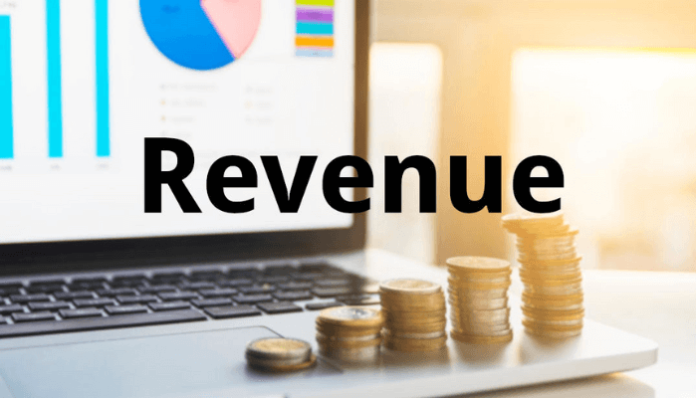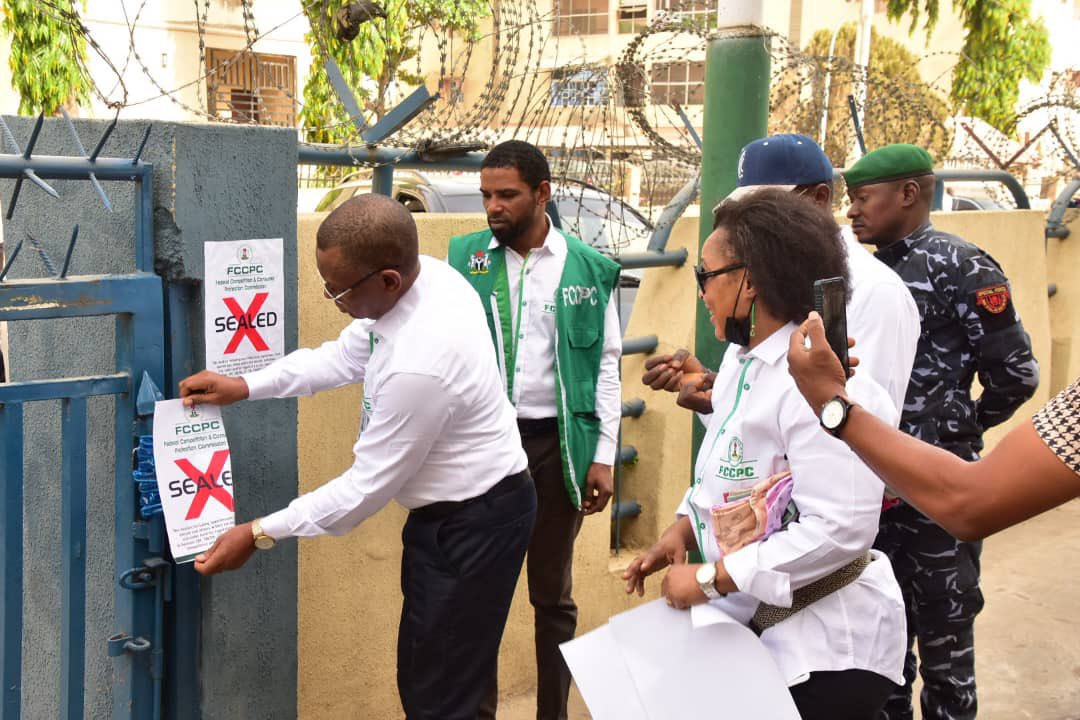Nigeria’s 36 states and the Federal Capital Territory (FCT) collectively generated ₦3.63 trillion in Internally Generated Revenue (IGR) in 2024, with Lagos State alone contributing more than one-third of the total, according to new data from the National Bureau of Statistics (NBS) and the Federal Inland Revenue Service (FIRS).
Between 2021 and 2024, the combined IGR of all states and the FCT reached ₦10.88 trillion — a steady rise in subnational revenue mobilisation across Nigeria.
The growth was largely driven by tax revenue, particularly from Lagos and Enugu States, which continued to dominate state income sources.
In 2024, the ₦3.63 trillion total represented a 49.7% increase from ₦2.43 trillion in 2023, the highest annual IGR recorded in the four-year period.
Tax receipts made up about 73% of total IGR between 2021 and 2024. Specifically, in 2024, states earned ₦2.66 trillion from taxes and ₦968 billion from other sources such as fees, licences, and state-owned enterprises.
In 2023, states collectively generated ₦2.43 trillion — ₦1.95 trillion from taxes and ₦478 billion from other income streams. In 2022, it was ₦1.93 trillion (₦1.47 trillion from taxes and ₦455 billion from others), while 2021 saw ₦1.90 trillion, with ₦1.23 trillion from taxes and ₦666 billion from other income.
Lagos Retains Lead as Economic Powerhouse
The NBS report reaffirmed Lagos as Nigeria’s economic engine, generating ₦1.26 trillion in 2024 — more than the combined total of the next three top performers: Rivers (₦317.30 billion), the FCT (₦282.36 billion), and Ogun (₦194.93 billion).
Lagos’ IGR, representing roughly 35% of the national total, reflects its broad tax base and diversified economy anchored on commerce, manufacturing, and services. The state’s performance also highlights ongoing reforms in digital tax administration and improved compliance through its Internal Revenue Service.
Enugu Emerges as Fiscal Bright Spot
The data revealed widening fiscal disparities between Nigeria’s southern and northern regions. Of the top 10 IGR performers, eight were southern states.
Enugu ranked fifth nationwide with ₦180.50 billion — surpassing oil-producing states like Delta (₦157.79 billion) and Edo (₦91.15 billion). Analysts say this strong performance underscores successful fiscal reforms and rising urban economic activity, potentially boosting investor confidence and fiscal independence.
Other southern states such as Akwa Ibom (₦75.77 billion), Oyo (₦65.29 billion), and Bayelsa (₦64.01 billion) also performed strongly, reflecting expanding internal revenue efforts and improved local economies.
In the North, Kano (₦74.77 billion) and Kaduna (₦71.57 billion) ranked ninth and tenth, respectively, while Jigawa (₦59.46 billion) was the only other northern state among the top 15.
At the bottom of the table, Yobe recorded the lowest IGR at ₦11.08 billion, followed by Ebonyi (₦13.18 billion) and Kebbi (₦16.97 billion).
Fiscal Gaps and the Path Ahead
The figures underline the continued dependence of many northern and rural states on federal oil allocations rather than internally generated income.
Analysts note that while the ₦3.63 trillion total marks a significant post-COVID rebound, the heavy concentration of fiscal capacity in a few states poses risks to balanced national development.
Economists warn that unless weaker states diversify their economies — especially through agriculture, mining, and services — regional fiscal disparities will persist, straining Nigeria’s federal system and hindering inclusive growth.
Rate, Like 👍, Comment 💬, Share this article, Follow us on our social media handles, and Submit your own story to get featured and earn rewards!








